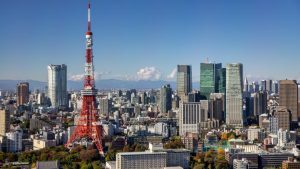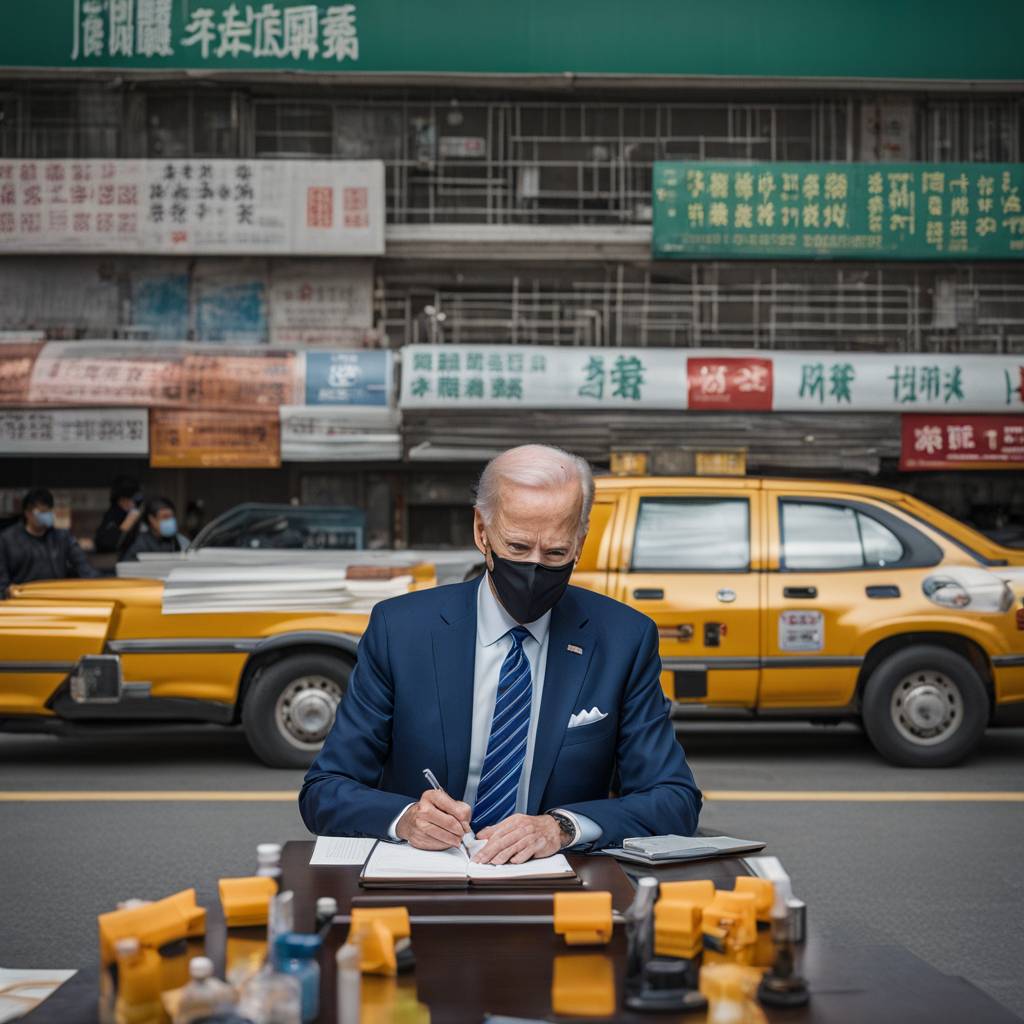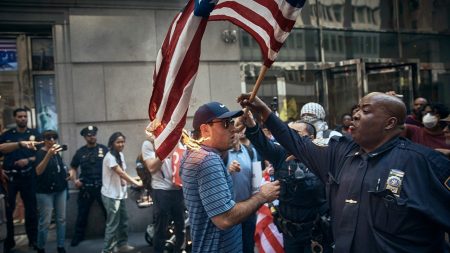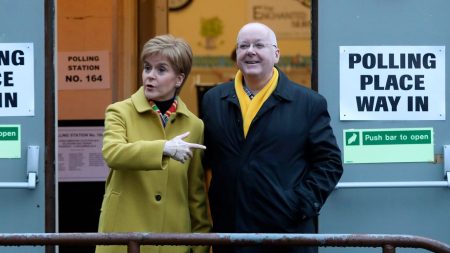The U.S. has denounced Hong Kong’s new national security law as a potential tool to silence dissent both domestically and internationally. Despite this, Washington’s actions have been notably muted since the law’s passage on March 19. The U.S. has only announced visa restrictions on a few unnamed Hong Kong officials and taken no further action, which is a departure from the response in 2020 when Beijing imposed national security restrictions leading to sanctions against Hong Kong officials by the U.S. The new law has expanded the Hong Kong government’s powers to target dissidents, and Washington has been cautious in its response.
The State Department has not shared potential actions but mentioned considering all options. Analysts believe that the Biden administration may be hesitant to disrupt relations with China in an election year, especially since the impact of the law may take time to materialize, and punitive U.S. measures may not lead to significant change. There is a sense that China’s control over Hong Kong is complete, and Beijing is unlikely to reconsider its approach despite U.S. actions. The U.S. could be waiting to observe the effects of the legislation before responding, rather than reacting immediately to its enactment.
The new security law’s implementation is uncertain due to its vague language, and its interpretation could erode Hong Kong’s status as a safe place for international activities. The White House wants to maintain stability in the U.S.-China relationship, which has recently improved, leading to a measured response to the Hong Kong situation. President Biden discussed Hong Kong during a call with President Xi Jinping, who defended the law as a measure to safeguard national security and Hong Kong’s well-being. China has urged the U.S. to respect its sovereignty and not interfere in Hong Kong’s affairs.
Efforts in Congress to address the situation in Hong Kong, such as bills to strip diplomatic privileges and sanction officials, have not progressed. Advocacy groups have criticized the Biden administration’s response as inadequate and called for stronger actions such as sanctions on Hong Kong officials responsible for the crackdown. They also urge Congress to pass stalled legislation. The private sector’s response, with some American companies scaling back operations in Hong Kong due to safety concerns, may have a more significant impact on Beijing than government actions, according to analysts.
The U.S. government may be waiting for the outcome of the trial against Jimmy Lai, a prominent publisher facing a high-profile national security case in Hong Kong. If Lai is given a lengthy prison sentence, particularly a term of 20 years or more considering his age, it could prompt a stronger response from the U.S. Lam suggests that the U.S. must act if such a scenario unfolds, as being inactive could be perceived negatively. Overall, the unfolding situation in Hong Kong poses a challenge for the U.S. in balancing its response to protect democracy and freedoms against the need to maintain stability in U.S.-China relations.















